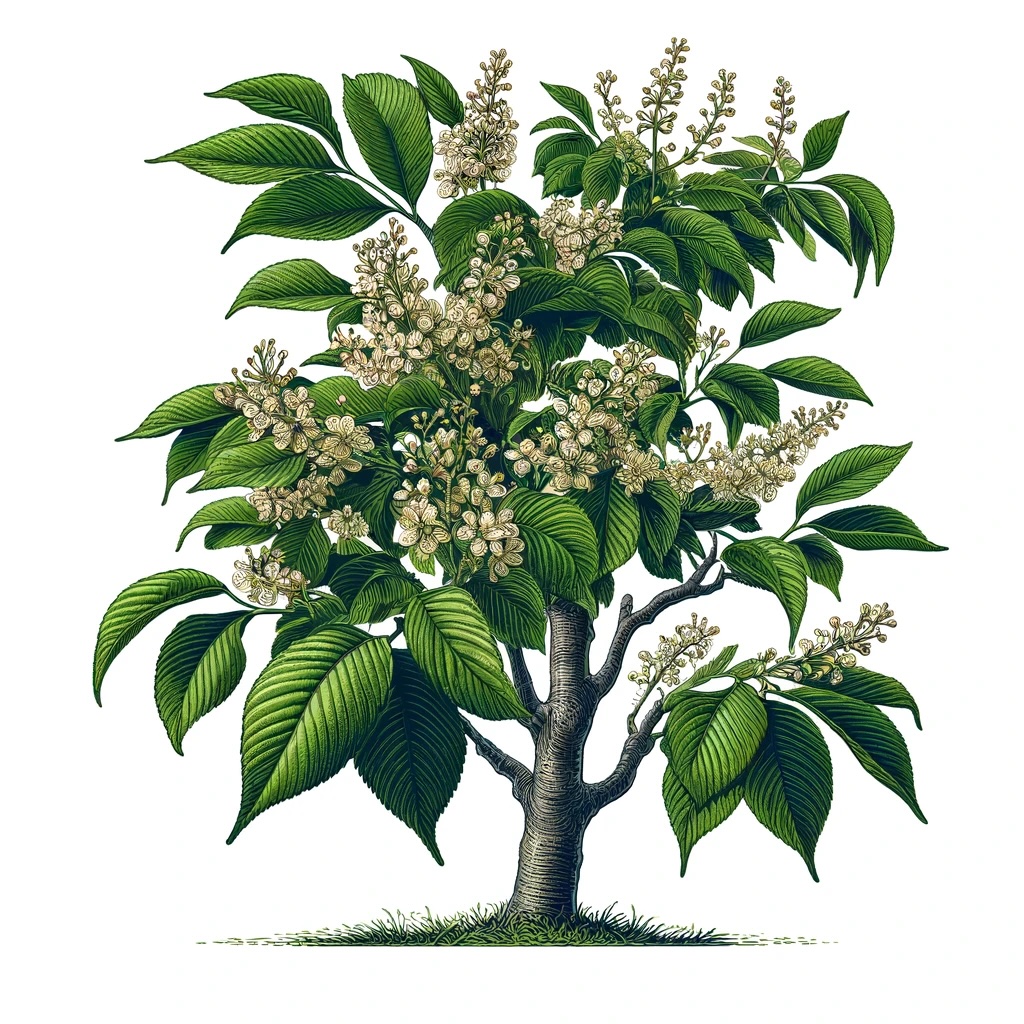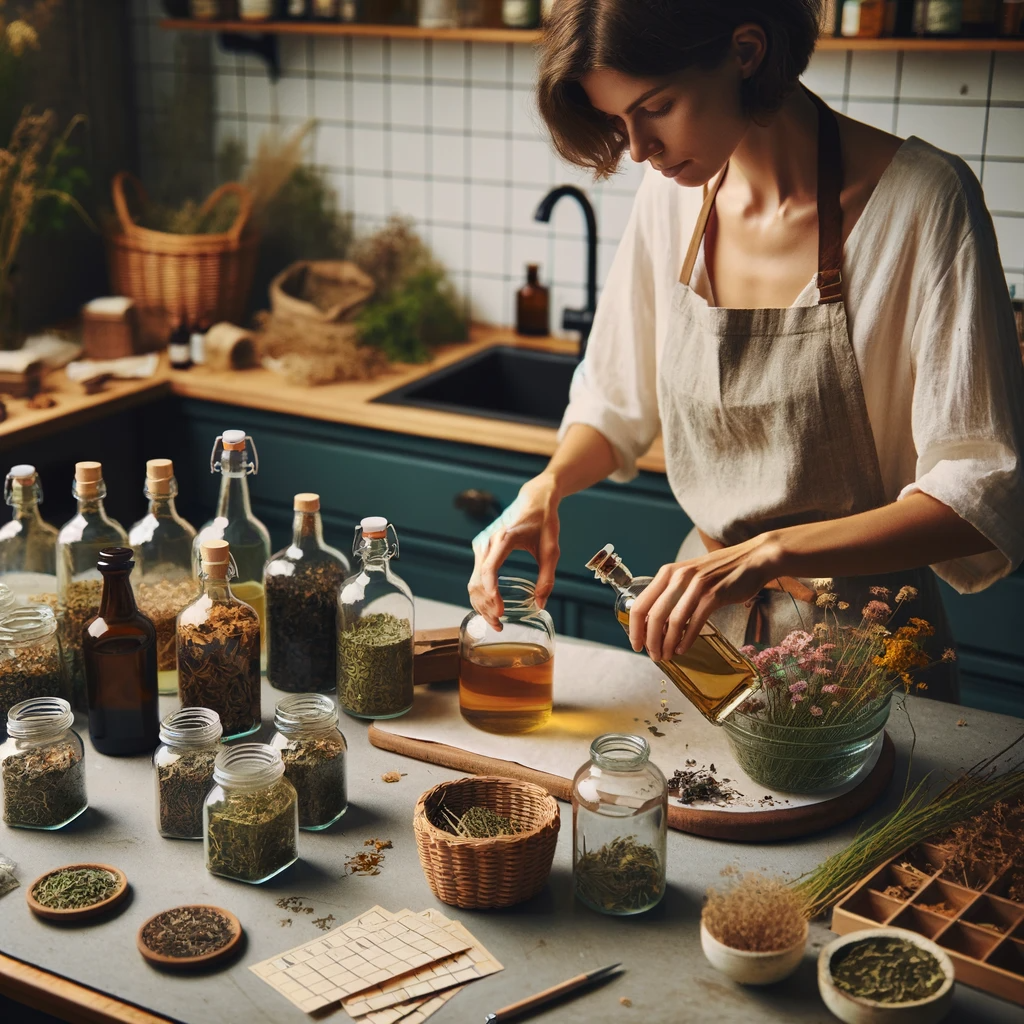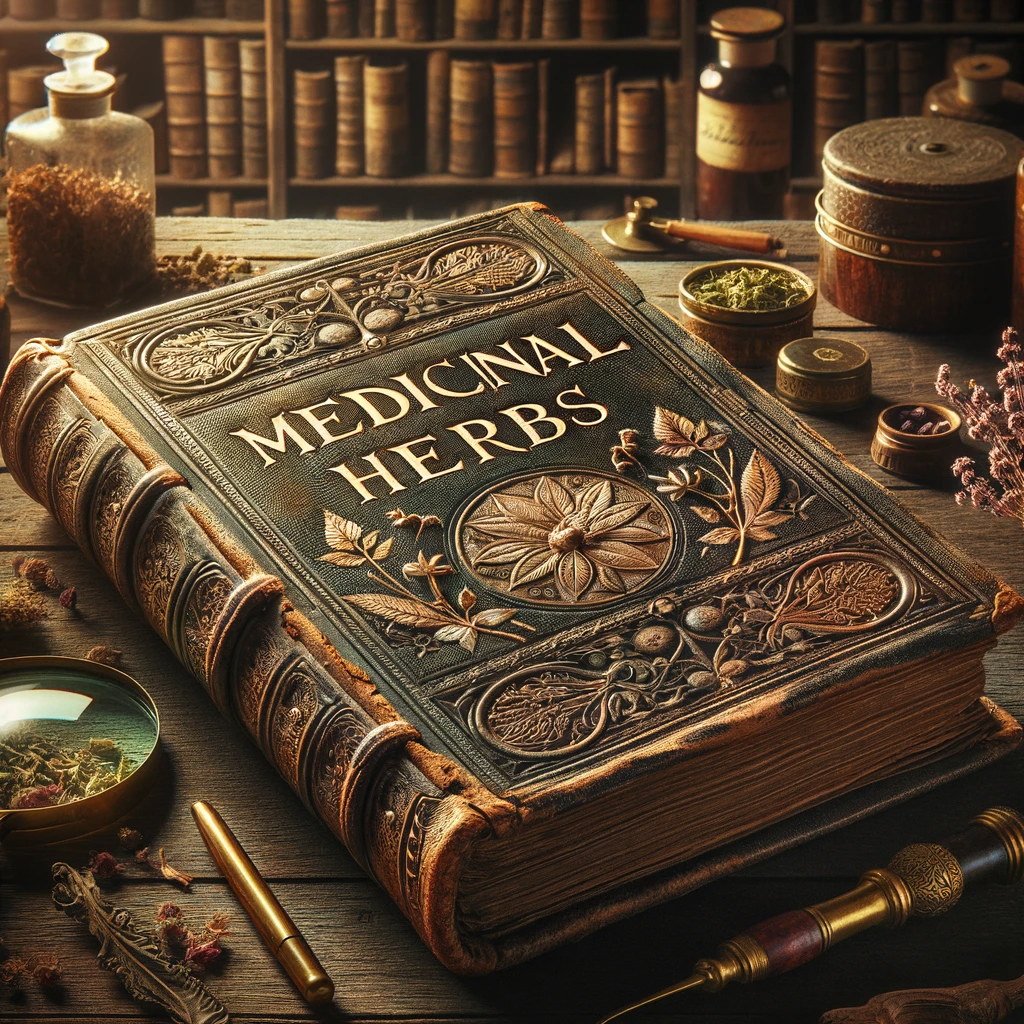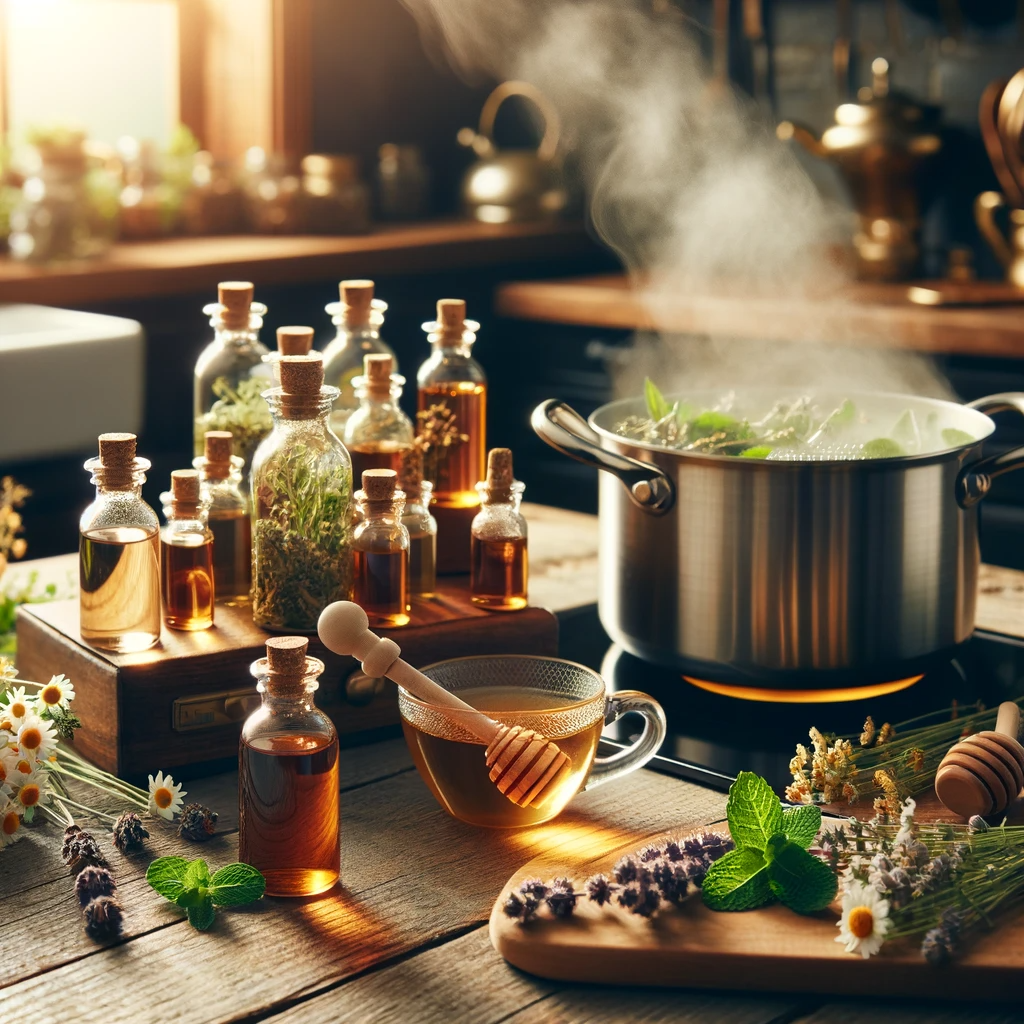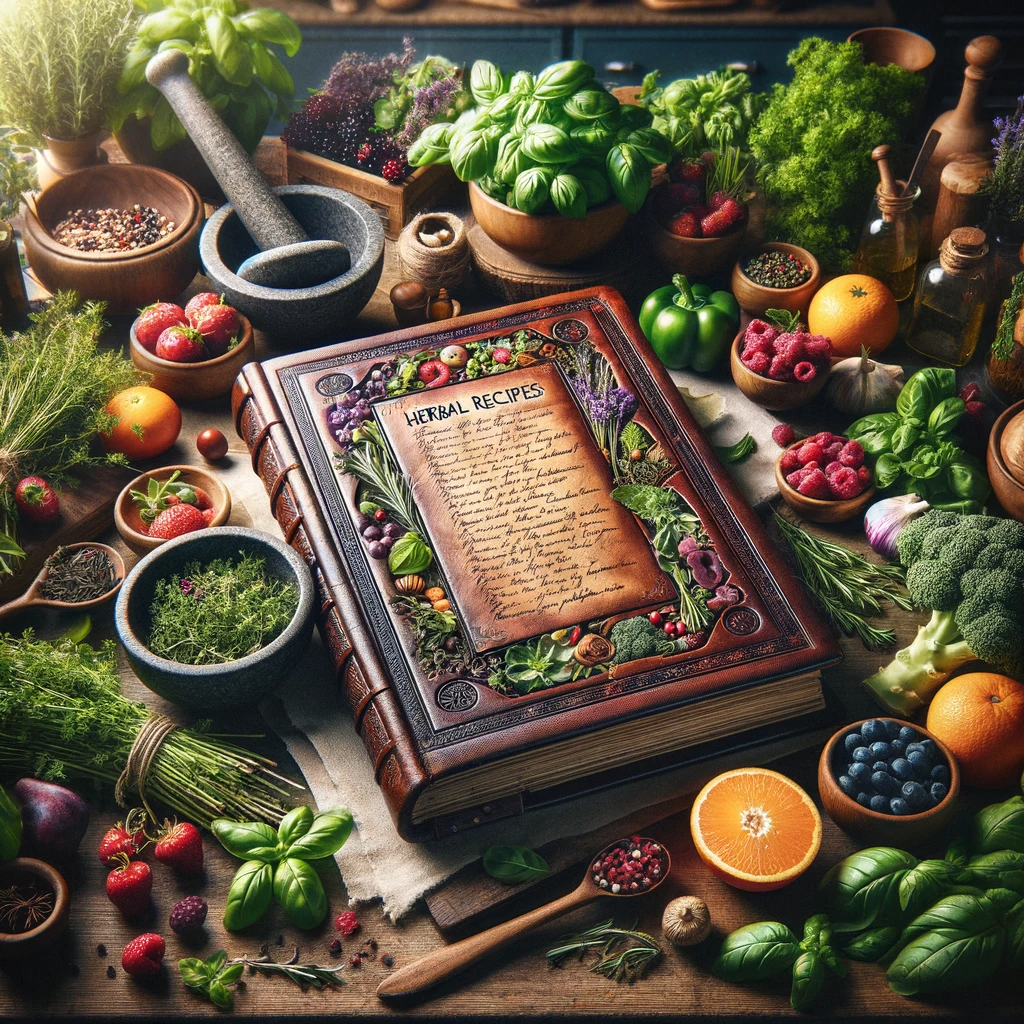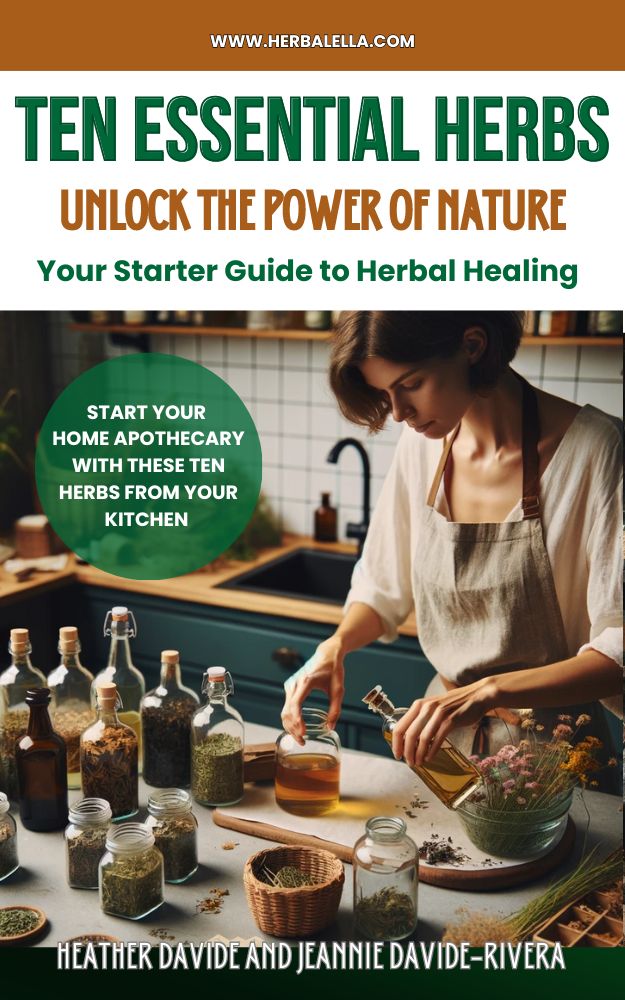This website contains affiliate links for products I use and love. If you take action (i.e. subscribe, make a purchase) after clicking a link, I may earn some tea money, which I promise to drink while creating more helpful content like this.
- Home
- Herb Index
- Burdock Monograph
Burdock: The Deep-Rooted Purifier of Traditional Medicine
The information provided on this website is for educational purposes only, and is not FDA approved. It is not to be considered health advice. Always do your own research and seek the guidance of a qualified healthcare practitioner before working with any herb. Herbal Ella is not liable for any action or inaction you take with the materials and information provided. Read here for more information.
Burdock (Arctium lappa), Nature's
Detoxifying Ally

Jump to Recipe
Burdock, with its broad leaves and prickly burrs, is a plant deeply esteemed in herbal medicine. Known for its purifying properties, it has been used for centuries across various cultures.
- Common Name: Burdock
- Latin Name: Arctium lappa
- Overview: Valued for its detoxifying effects, Burdock is a staple in natural healing, particularly for skin and digestive health.
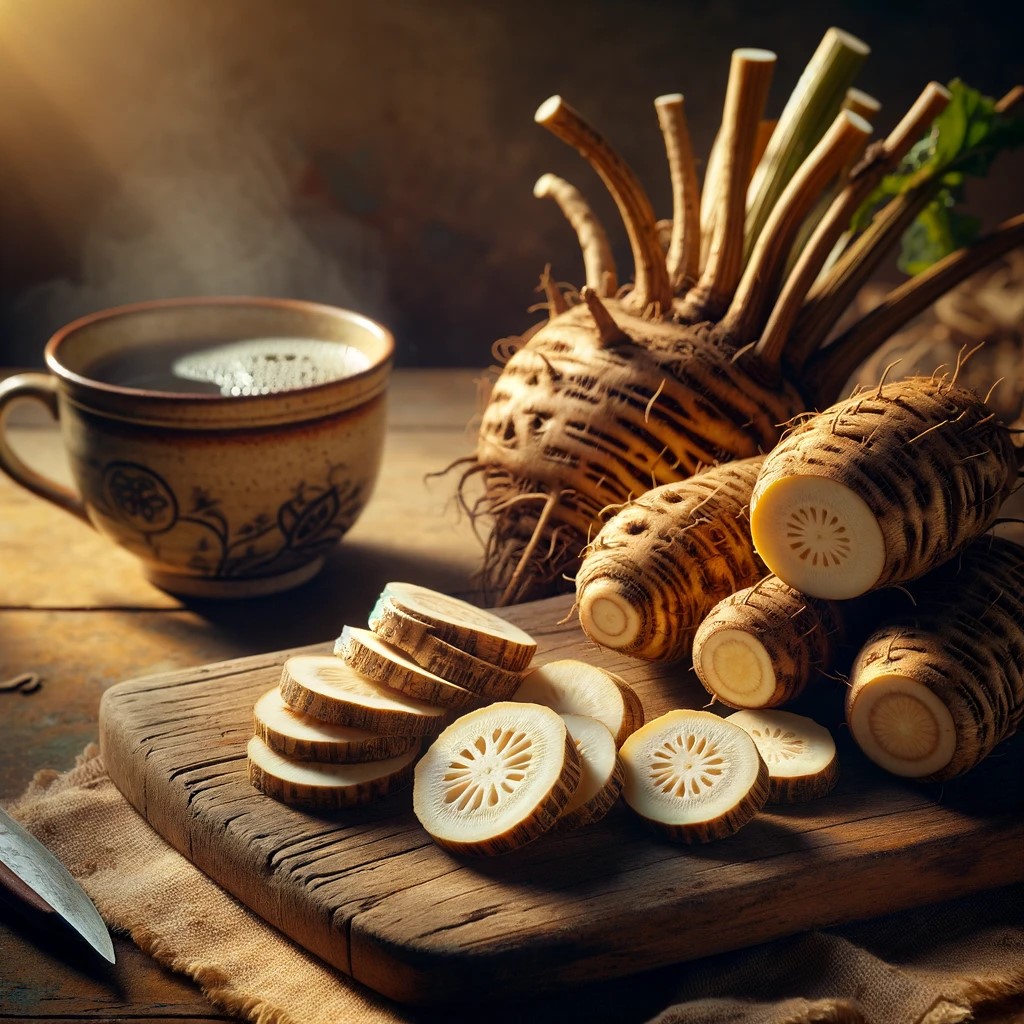
Botanical Overview
- Family: Asteraceae
- Identification: Large, heart-shaped leaves and burrs that cling to clothing and fur.
- Parts Used Medicinally: Mainly roots, occasionally leaves and seeds.
- Habitat: Common in Europe and Asia, often found in fields and along roadsides.
Herbal Actions
- Blood Purifier: Burdock is renowned for its ability to cleanse the blood. It helps remove toxins from the bloodstream, improving skin health and overall vitality.
- Diuretic: It supports kidney function by promoting the elimination of excess water and waste, which also contributes to its detoxifying properties.
- Lymphatic: As a lymphatic herb, Burdock aids in stimulating and purifying the lymphatic system, essential for immune health and metabolic waste removal.
Energetic Qualities and Taste
- Energetic Qualities: Burdock's cooling and drying nature makes it ideal for conditions associated with heat and excess moisture in the body, such as inflammation or fluid retention.
- Taste: Its roots have a slightly sweet and earthy flavor, which reflects its grounding and nourishing properties in herbal medicine. This taste profile is indicative of its rich mineral content and gentle detoxifying effects.
Medicinal Uses
- Skin Health: Burdock root is traditionally used for treating skin conditions like eczema and acne. Its blood-purifying properties help clear toxins that can contribute to skin issues.
- Digestive Aid: The herb supports liver function and digestion, aiding in bile production and breakdown of dietary fats. It's beneficial for overall digestive health.
- Detoxification: Burdock aids in the removal of toxins from the bloodstream, making it a valuable herb in detoxification regimens.
- Use for Diverticulitis: While specific studies on Burdock for diverticulitis are limited, its general anti-inflammatory and digestive support properties may be beneficial. A limited study showed the patients treated with Burdock root over time had less reoccurrence of diverticulitis attacks..
Culinary Uses
- In Soups, Stews, and Stir-Fries: Burdock root, with its earthy and slightly sweet flavor, is a popular ingredient in soups, stews, and stir-fries. It adds depth and nutrition to dishes. Often, it's thinly sliced or julienned to ensure even cooking and to maximize its unique texture and flavor.
- Salads and Cooked Greens: The young leaves of Burdock can be used in salads, adding a fresh, slightly bitter taste. They can also be cooked like spinach or kale, making them a versatile green for various dishes. The leaves can be sautéed, steamed, or added to mixed greens for a nutritious side dish.
Contraindications and Precautions
-
Allergies to Daisy Family Plants**: Individuals who have allergies to
Asteraceae/Compositae family plants (which include daisies, chrysanthemums,
marigolds, and others) should be cautious when using Burdock. It may cause
allergic reactions in sensitive individuals.
Interactions with Medications
- Blood Sugar Medications: Burdock may lower blood sugar levels. People on diabetes medications should monitor their blood sugar levels closely, as Burdock might enhance the effects of these drugs.
- Blood Pressure Medications: Similarly, because Burdock can affect blood pressure, those on blood pressure medications should use it cautiously to avoid potential interactions that could lead to excessively low blood pressure
It's essential to consult with a healthcare professional before using Burdock, especially if you have pre-existing conditions or are on medication.
Cultivation
Tips
- Soil Requirements: Burdock thrives in deep, well-drained soil. It prefers soil that is rich in organic matter. If your soil is heavy or clayey, consider amending it with compost or other organic material to improve drainage and texture.
- Sunlight Preference: While Burdock grows best in full sun, it can also tolerate partial shade. This adaptability makes it suitable for various garden settings. In hotter climates, some afternoon shade can be beneficial.
- Spacing and Planting: Burdock needs space to grow, especially for its roots to develop properly. When planting, space the plants or seeds about 6 to 8 inches apart.
- Watering: Regular watering will help ensure healthy growth, especially in dry conditions. However, be cautious not to overwater, as this can lead to root rot.
Historical Use and Folklore
- Symbol of Protection and Healing: In various cultures, Burdock has been associated with protection and healing. It was often carried or used in herbal concoctions to ward off illness and to promote healing, both physically and spiritually.
- **Folk Medicine**: Historically, Burdock was widely used in folk medicine for its purifying and restorative properties. It was believed to cleanse the body and spirit, aiding in the recovery from a variety of ailments and enhancing overall well-being.
Recipes and Preparation Methods
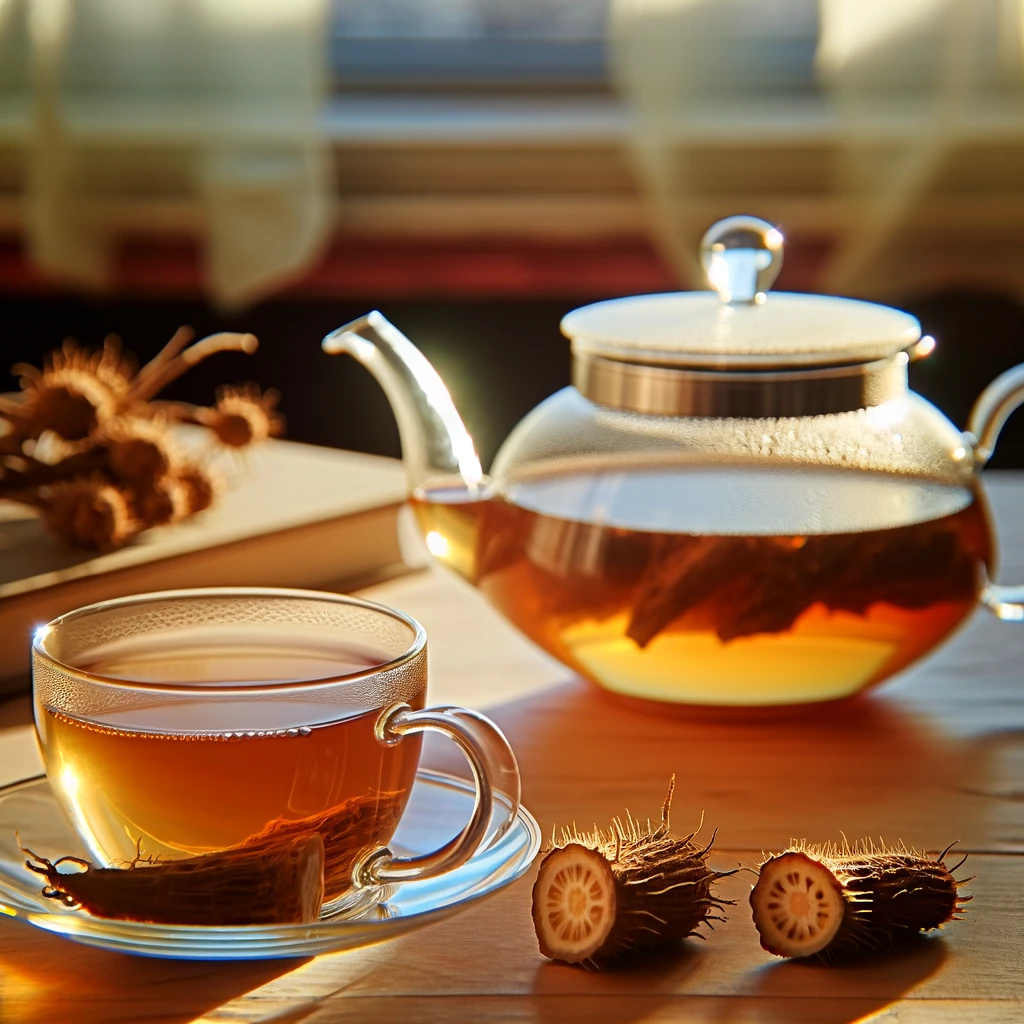
1. Burdock Root Tea
- Ingredients: Dried Burdock root, water.
- Preparation: Simmer a teaspoon of dried Burdock root in a cup of water for about 10 minutes. Strain and drink. This tea is beneficial for liver support and improving skin health.
2. Pickled Burdock (Gobo)
- Ingredients: Fresh Burdock root, rice vinegar, sugar, salt.
- Preparation: Julienne the Burdock root and soak in water to prevent browning. Boil with a mixture of rice vinegar, sugar, and salt until tender. Cool and store in the refrigerator.
3. Burdock Root Tincture
- Ingredients: Dried Burdock root, high-proof alcohol (like vodka).
- Preparation: Fill a jar with dried Burdock root and cover with alcohol. Seal the jar and let it sit in a cool, dark place for 4-6 weeks, shaking occasionally. Strain and use the tincture in small doses for its detoxifying benefits.
Recent Articles
-
Wild Cherry Monograph: Wild Cherry: Nature's Respiratory Ally
May 02, 24 04:52 PM
Discover the healing potential of Wild Cherry with our comprehensive monograph. Explore its benefits and uses for respiratory health. -
DIY Herbal Remedies for Respiratory Health
May 02, 24 03:46 PM
Explore easy DIY herbal remedies for respiratory health with Herbal Ella. Learn to make teas, tinctures, and more to breathe better naturally -
Understanding the Respiratory System - Anatomy and Functions
May 02, 24 03:23 PM
Discover the respiratory system's anatomy and functions with clear visuals and simple explanations to keep you breathing healthily
* Privacy Policy * Disclaimer *

